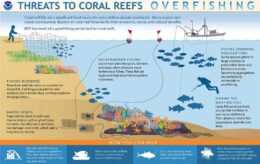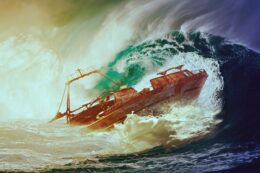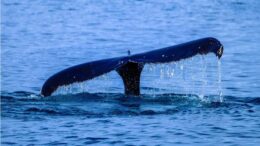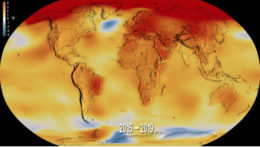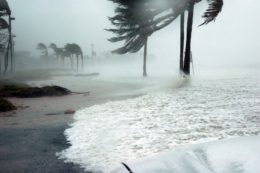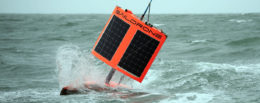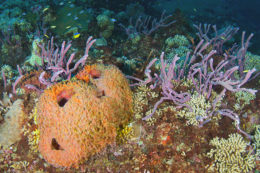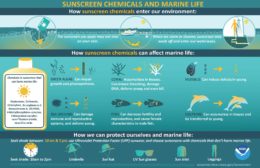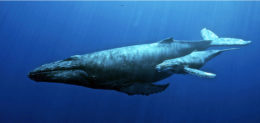Oceana Urges U.S. to Approve NOAA’s Proposed Vessel Speed Rules
Oceana urges President Biden to expediently approve the National Atmospheric and Oceanic Administration’s (NOAA) proposed vessel speed rule to protect critically endangered North Atlantic Right Whales. Oceana delivered about 20,000 petition signatures and a letter calling for the government to enact new safeguards for these whales. With the extinction of the species on the line, concerned citizens from all 50 states, Washington D.C.,…

